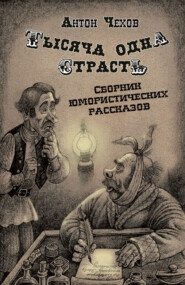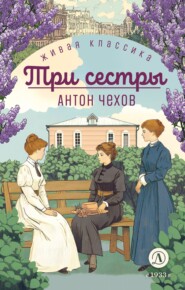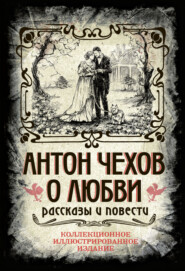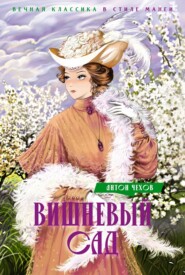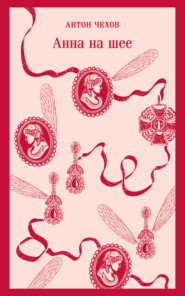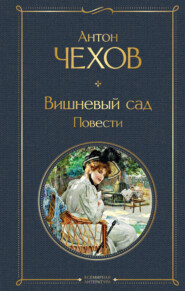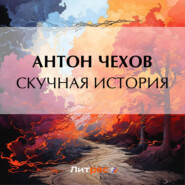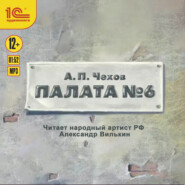По всем вопросам обращайтесь на: info@litportal.ru
(©) 2003-2025.
✖
The Schoolmistress, and Other Stories
Настройки чтения
Размер шрифта
Высота строк
Поля
“Your honor, give us a trifle, for Christ’s sake,” the beggars wailed, surrounding Fyodor on all sides.
In earlier days when he was a shoemaker the beggars took no notice of him, now they wouldn’t let him pass.
And at home his new wife, the lady, was waiting for him, dressed in a green blouse and a red skirt. He meant to be attentive to her, and had just lifted his arm to give her a good clout on the back, but she said angrily:
“Peasant! Ignorant lout! You don’t know how to behave with ladies! If you love me you will kiss my hand; I don’t allow you to beat me.”
“This is a blasted existence!” thought Fyodor. “People do lead a life! You mustn’t sing, you mustn’t play the concertina, you mustn’t have a lark with a lady… Pfoo!”
He had no sooner sat down to tea with the lady when the evil spirit in the blue spectacles appeared and said:
“Come, Fyodor Pantelyeitch, I have performed my part of the bargain. Now sign your paper and come along with me!”
And he dragged Fyodor to hell, straight to the furnace, and devils flew up from all directions and shouted:
“Fool! Blockhead! Ass!”
There was a fearful smell of paraffin in hell, enough to suffocate one. And suddenly it all vanished. Fyodor opened his eyes and saw his table, the boots, and the tin lamp. The lamp-glass was black, and from the faint light on the wick came clouds of stinking smoke as from a chimney. Near the table stood the customer in the blue spectacles, shouting angrily:
“Fool! Blockhead! Ass! I’ll give you a lesson, you scoundrel! You took the order a fortnight ago and the boots aren’t ready yet! Do you suppose I want to come trapesing round here half a dozen times a day for my boots? You wretch! you brute!”
Fyodor shook his head and set to work on the boots. The customer went on swearing and threatening him for a long time. At last when he subsided, Fyodor asked sullenly:
“And what is your occupation, sir?”
“I make Bengal lights and fireworks. I am a pyrotechnician.”
They began ringing for matins. Fyodor gave the customer the boots, took the money for them, and went to church.
Carriages and sledges with bearskin rugs were dashing to and fro in the street; merchants, ladies, officers were walking along the pavement together with the humbler folk… But Fyodor did not envy them nor repine at his lot. It seemed to him now that rich and poor were equally badly off. Some were able to drive in a carriage, and others to sing songs at the top of their voice and to play the concertina, but one and the same thing, the same grave, was awaiting all alike, and there was nothing in life for which one would give the devil even a tiny scrap of one’s soul.
notes
1
On many railway lines, in order to avoid accidents, it is against the regulations to carry hay on the trains, and so live stock are without fodder on the journey.
– Author’s Note.
2
The train destined especially for the transport of troops is called the troop train; when there are no troops it takes goods, and goes more rapidly than ordinary goods train.
– Author’s Note.






